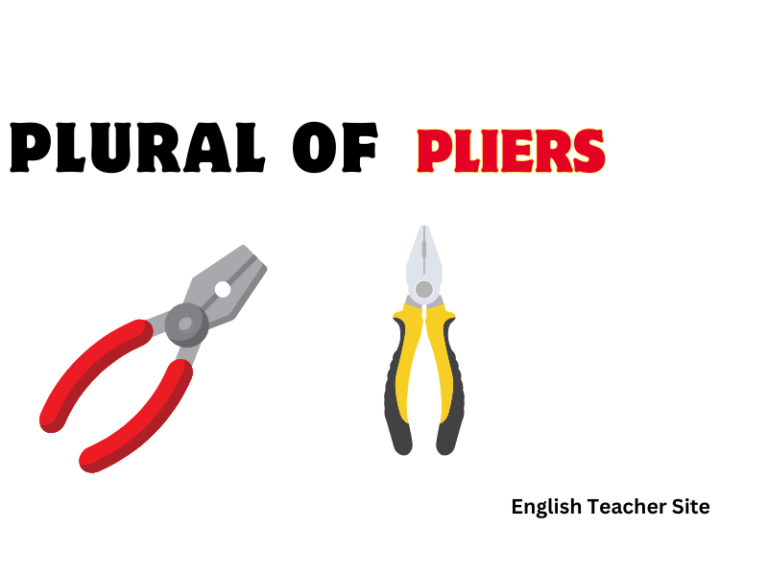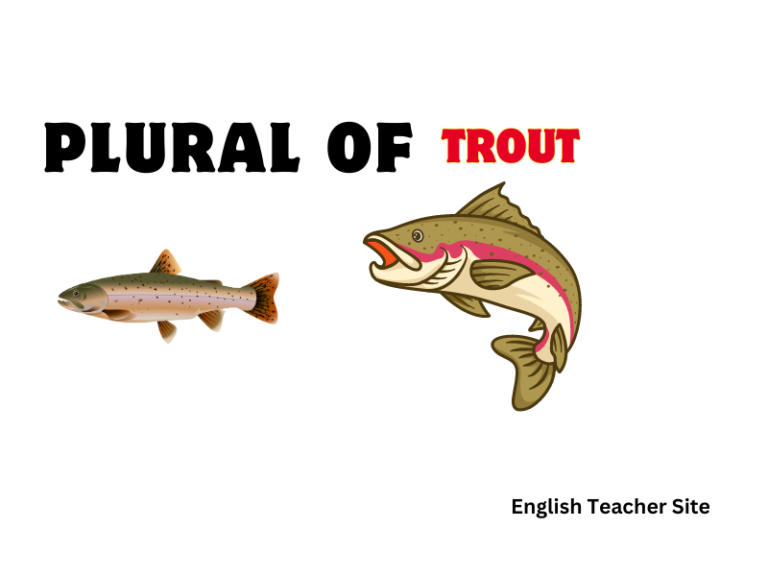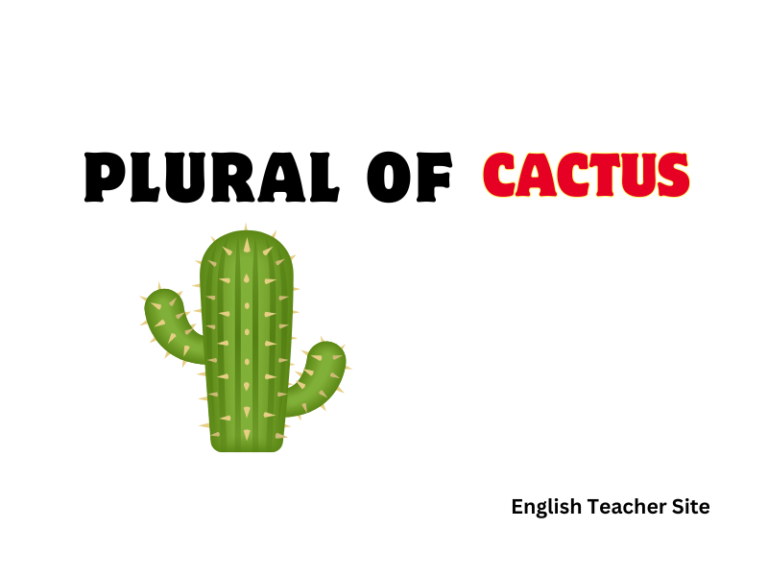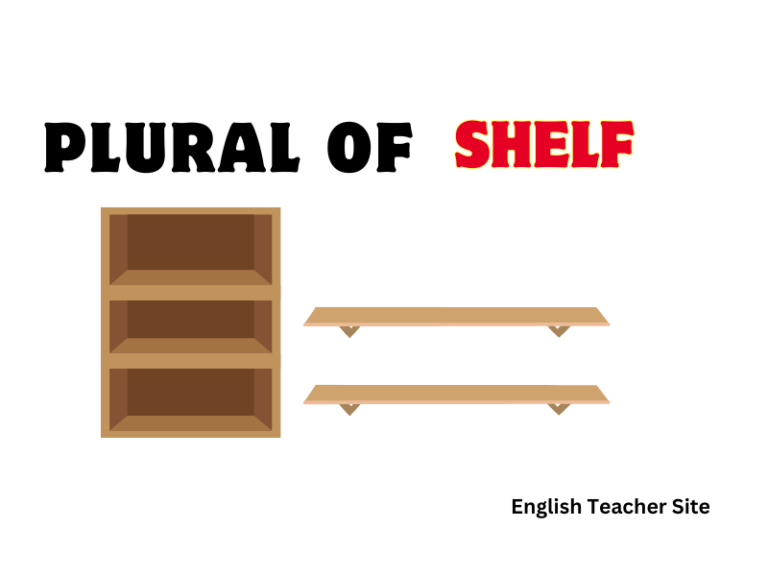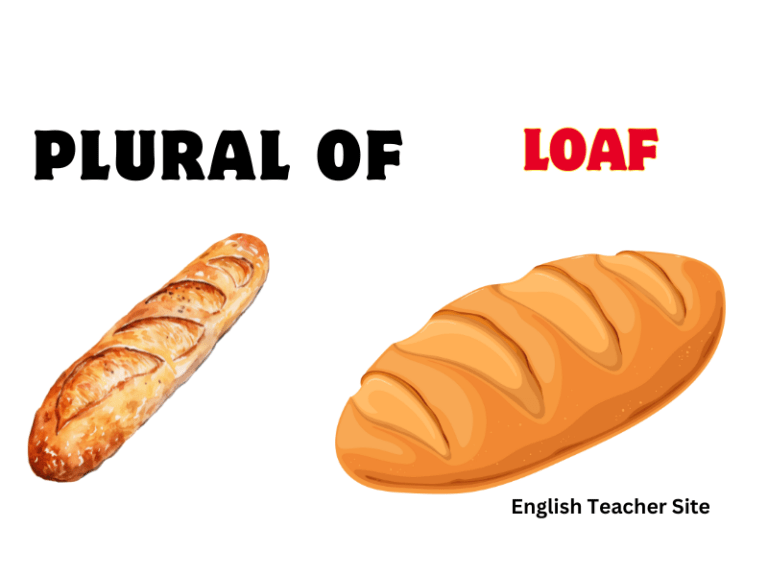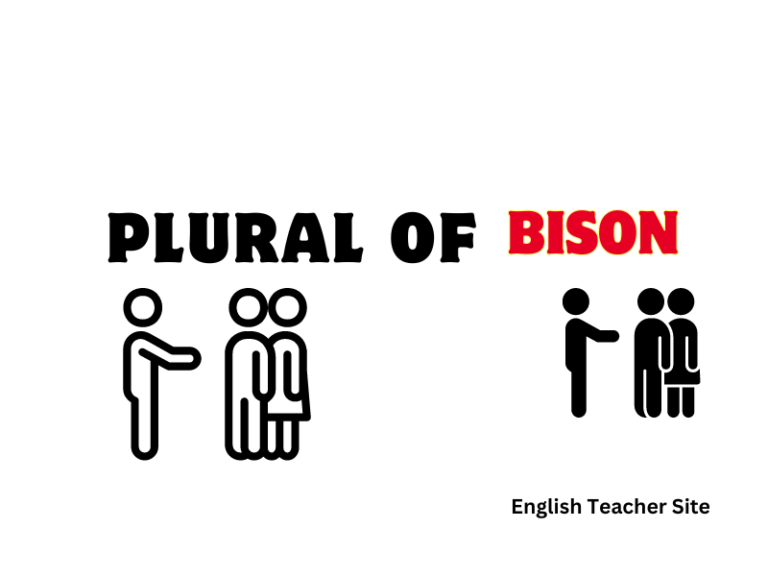Whats the Singular of Dice: Unveiling the Correct Term
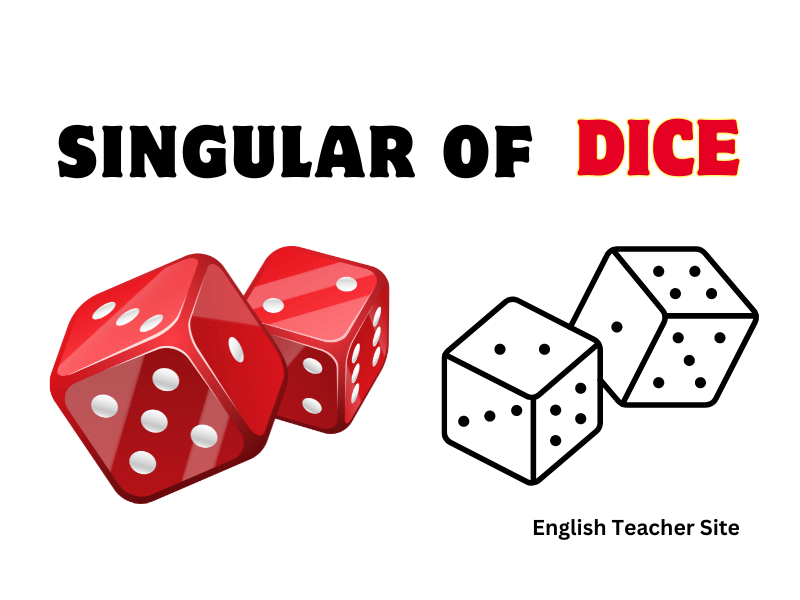
- “Die” is the correct singular form of “dice,” used when referring to one gaming cube.
- “Dice” is the standard plural term, but modern usage sometimes accepts “dice” as singular.
- The word “die” comes from the French “dé,” and usage remains correct in formal or specific contexts.
The origins of the word “die” can be traced back to the French word “dé,” which is the plural form. Over time, English adopted “dice” as the standard plural form and “die” as its singular counterpart. Despite the change in common usage where “dice” serves as both singular and plural, “die” remains the grammatically correct singular noun. It is often seen in formal texts or when specificity is needed to indicate a single object.
Understanding “What’s the Singular of Dice?”
The word “dice” refers to two or more of the small, typically cube-shaped, objects used for generating random numbers. However, when only a single piece is in use or being referenced, the correct term is “die.”
Let’s examine the usage in more detail:
Singular Form:
- Die:
- One cube with numbered sides.
- Used in a singular context.
Plural Form:
- Dice:
- Multiple cubes.
- Used when referring to two or more.
Examples of Proper Usage:
- He rolled a single six-sided die.
- She shook five dice in her hand before rolling.
| Number of Dice | Correct Usage |
|---|---|
| 1 | Roll the die. |
| 2 or more | Roll the dice. |
- Irregular Plurals: Unlike many English nouns, “dice” does not follow the standard convention of adding ‘s’ to form its plural.
- Historical Origins: The term “die” stems from the French word “dé,” bearing a long etymological journey before becoming a staple in the English lexicon.
Defining Dice: What Are They?
Dice serve as a staple element. Typically, a die is a small cube with each of its six sides marked with a different number of dots, ranging from one to six. They are usually made of bone, plastic, or wood. When we refer to a single cube, we use the singular term ‘die’.
Here’s a brief overview of dice:
- Materials used: Often made from plastic, bone, or wood.
- Purpose: Utilized in various games of chance, board games, and to teach probability.
Dice have evolved over time and can also be found with symbols on their faces instead of numbers, used for games beyond simple number generation.
Types of Dice by Number of Sides:
| Number of Sides | Dice Type |
|---|---|
| 4 | Tetrahedron |
| 6 | Standard Cube |
| 8 | Octahedron |
| 12 | Dodecahedron |
| 20 | Icosahedron |
Common Uses of Dice:
- Board games: Moving pieces around a board.
- Educational tools: Teaching math or probability.
- Gambling: Games like craps in casinos.
Dice Configurations:
- Number of dice in common games: Monopoly (2), Yahtzee (5)
- Variants: Loaded die, electronic die
Sentences Demonstrating the Singular Form “Die”
Let’s clarify this with sentences using the singular form.
Sentence Examples:
- When playing board games, it’s common to hear, “Please pass me a single die.”
- In many tabletop role-playing games, a die is rolled to determine the outcome of a character’s action.
- A die can be a collector’s item, with some featuring intricate designs and unique numbering.
Usage in Context:
- Teaching a new game:
- “Each player starts with one die.”
- Clarifying game rules:
- “If a player rolls a die and lands on a six, they get another turn.”
Frequency of Use:
Here are two tables that will help encapsulate the usage frequency between “dice” and “die.”
| Context | Singular Usage |
|---|---|
| Instruction Manual | Frequently |
| Casual Speech | Less Common |
| Context | Plural Usage |
|---|---|
| Conversation | Common |
| Written Guides | Very Common |
Exploring Various Uses of the Word “Die”
Die’s relevance is not confined merely to gaming. It also appears in various industries, like manufacturing, where it denotes a specialized tool used for cutting or shaping material. Here are two primary areas where the word die takes on a specific role:
| Industry | Usage of Die |
|---|---|
| Gaming | A single cube with numbered faces used in games. |
| Manufacturing | A tool for cutting or shaping materials. |
When discussing this term, one should also acknowledge its occurrence in expressions:
- To “cast die” implies setting a course of action from which one cannot turn back.
- A “die-hard” refers to a person who strongly resists change or tenaciously adheres to a belief.
Below is a list highlighting the varied uses of die:
- Singular of dice: Referring to one gaming piece.
- Manufacturing: A device for shaping material.
- Expressions: Used metaphorically to describe commitment or irreversible decisions.
Unraveling the Origin of Dice/Die
The terms dice and die have intrigued many as to their proper usage and origins. These gaming pieces, small cubes marked with dots to represent numbers, have a rich history and linguistic journey.
The historical use of dice for games and divination goes back thousands of years, with examples found in ancient civilizations such as Egypt.
Etymology Table
| Latin (singular) | French (singular) | English (singular) | English (plural) |
|---|---|---|---|
| datum | dé | die | dice |
Usage Table
| Incorrect | Correct | Notes |
|---|---|---|
| A pair of dies | A pair of dice | “Dice” is used for the plural. |
| The dice is cast | The die is cast | Use “die” when referring to a single piece. |
- Datum (Latin): The singular term for an individual game piece.
- Dé (French): Derived from Latin, signifying a single item.
- Die (English): The singular form used today.
- Dice: The plural form which has overshadowed its singular counterpart due to more common use.
Sentence Examples Incorporating the Plural Form “Dice”
Examples in Everyday Context:
- When playing Monopoly, she rolled the dice and moved her token.
- The players clapped as the dice showed a double six.
Board Game Scenarios:
- Dungeons & Dragons:
- The dungeon master asked for a roll of the dice to determine the character’s fate.
- Backgammon:
- He shook the cup and released the dice onto the board.
Gambling Situations:
| Casino Game | Example Sentence |
|---|---|
| Craps | The gambler threw the dice and a hush fell over the crowd. |
| Sic Bo | She placed her bet after the dealer announced, “Final bets, the dice are about to roll!” |
Exploring Other Irregular Nouns
Irregular Nouns with Vowel Changes
Some English nouns change their vowels instead of adding an -s to become plural.
| Singular | Plural |
|---|---|
| man | men |
| woman | women |
| tooth | teeth |
| foot | feet |
Nouns with Different Plural Endings
Another group of nouns has unique endings for their plural forms.
| Singular | Plural |
|---|---|
| child | children |
| ox | oxen |
| mouse | mice |
Other Irregular Patterns
- Some nouns maintain the same form in both singular and plural.
- sheep
- species
- Others have completely different words for singular and plural forms.
- person becomes people
- goose becomes geese
Sources
My name is Khamis Maiouf. I am the creator of the English Teacher Site, dedicated to providing valuable resources and insights for students around the world. With a passion for education and a commitment to helping students enhance their skills, I aim to make English teaching more effective and enjoyable for both educators and students.

